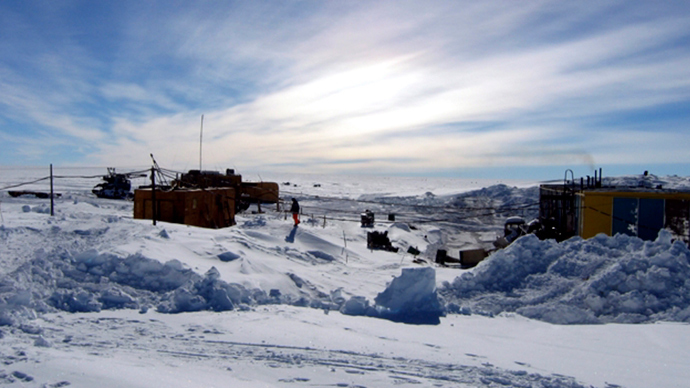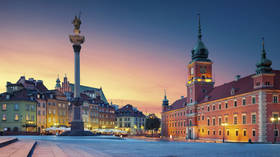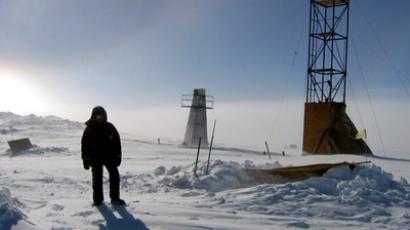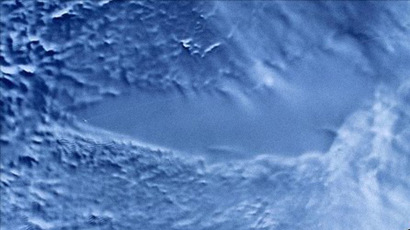Russia to spend $30mln on Antarctic polar stations in 2014

Russia is set to allocate over $30 million to boost its five polar bases, including the Vostok research station, and fund exploration in the region in 2014, the Natural Resources and Environment Ministry stated.
“In 2014, financing of the existing activities to the amount of one billion rubles will be implemented,” stated Russian Minister of Natural Resources and Environment Sergey Donskoy as he visited the country’s Vostok (East) Station. These activities include the maintenance of the five year-round Antarctic stations and five of the seasonal field bases, alongside two reinforced ice class vessels and aircraft leasing.
Russia maintains five permanent polar stations in Antarctica. In 2010 the government adopted a ten-year plan dubbed “Russian Antarctic Strategy 2020”. The plan focuses on effective functioning of the Russian Antarctic Expedition – Russia’s main entity in the region – and ensures sustainable development of its infrastructure.
Speaking at the Vostok station Donskoy stressed that Russia is “keeping the position of a leader” in the Antarctic scientific research.
“Scientific research in the Antarctic is the main tool for ensuring Russia's geopolitical interests on the continent,” he stressed.
It was Russia’s Vostok base which in 2012 successfully drilled into the sub-glacial Lake Vostok just under the research station. Russian scientists have so far managed to go down through nearly 3,700 meters of ice, outpacing rival missions; currently, the depth of the drilling stands at 3,647 meters.
Lake Vostok was discovered by Russian specialists, supported by their British counterparts, back in 1996. With a surface area reaching 15,000 square kilometers and a depth exceeding 1,200 meters, Lake Vostok is one of the biggest among 370 sub-glacial lakes in Antarctica.
Its exploration remains one of the biggest goals for Russian and Western researches, hoping to prove the existence of any kind of life in a unique sub-glacial reservoir formed 20 million years ago.














